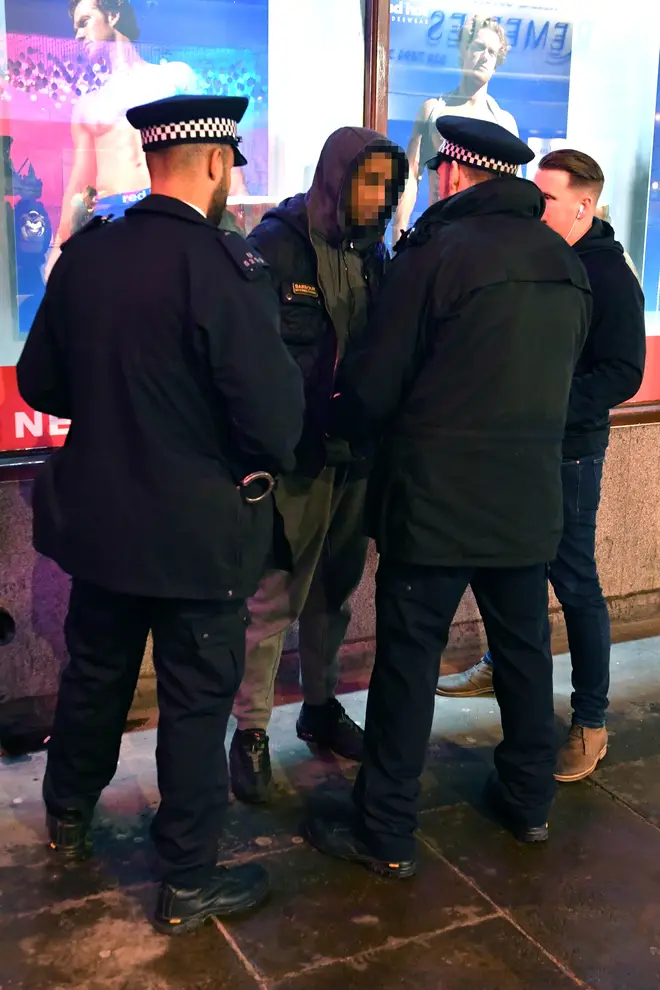
Shelagh Fogarty 1pm - 4pm
30 July 2020, 07:22

Stop and search should be more closely scrutinised by members of the black and Asian communities who are most affected, new guidelines issued to the police have recommended.
Members of the public living in areas where the use of stop and search is frequent could be urged to sit on panels which scrutinise the practice.
Guidance has been issued to forces across England and Wales by the College of Policing in an attempt to "further strengthen the understanding around the use of the powers and increase public confidence".
Those sitting on the panels will be independent of the police and will be trained on police procedures and the law surrounding their use.

David Lammy: When I Was Stop And Searched At 12 I Wet Myself
The guidance form the policing body says forces should "be prepared to make adaptations" so people can attend the meetings, like changing times and locations to make it easier for representatives, and consider "alternatives" to formal meetings if this means more will go.
Members of the public can accompany officers on patrol to observe some of their work in this area and body-worn footage could be shown to panel members subject to conditions.
Chief constables should also give "serious consideration" to publishing details of where and when stop and searches take place including on social media, the College said.
The news comes after the police watchdog launched a probe into whether officers across England and Wales racially discriminate against ethnic minorities.
The Independent Office for Police Conduct (IOPC) review will focus on the use of force and stop and search amid tensions over the police's handling of recent cases that have been caught on camera.

Met Police apologises to Bianca Williams for 'distressing' search
Earlier this month, Metropolitan Police commissioner Cressida Dick denied 'throwing officers under the bus' by apologising to athlete Bianca Williams.
The force faced accusations of racial profiling after Great Britain sprinter Williams and her partner, Ricardo dos Santos, were pulled from their car in a London street in a stop and search.
The latest official statistics for stop and search showed a disparity rate of 4.3 for all black, Asian and minority ethnic people and 9.7 for black people, according to the National Police Chiefs' Council.

Met Commissioner: The stop-and-search of sprinter Bianca Williams wasn't racist
Chief Constable Mike Cunningham, CEO at the College of Policing, said: “Forces are dedicated to keeping the public safe, and stop and search powers can make a real difference in disrupting crime in the short term.
“Policing is rightly one of the most scrutinised areas of public service and we should welcome any opportunity for the public to better understand or ask questions about our work.
“By updating the stop and search guidance, we hope to improve the way the power is scrutinised and build stronger relationships between officers and the public.”
“We want local communities to be able to ask questions, share their experience and build mutual understanding so that the police are best able to keep people safe.”